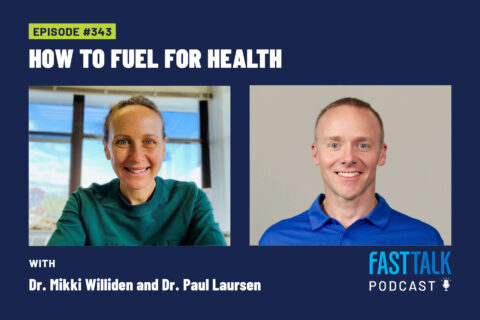
How to Fuel for Health
There’s an important difference between fueling for performance and fueling for health. In this episode, Dr. Mikki Williden and Dr. Paul Laursen give their suggestions on how to fuel for health.
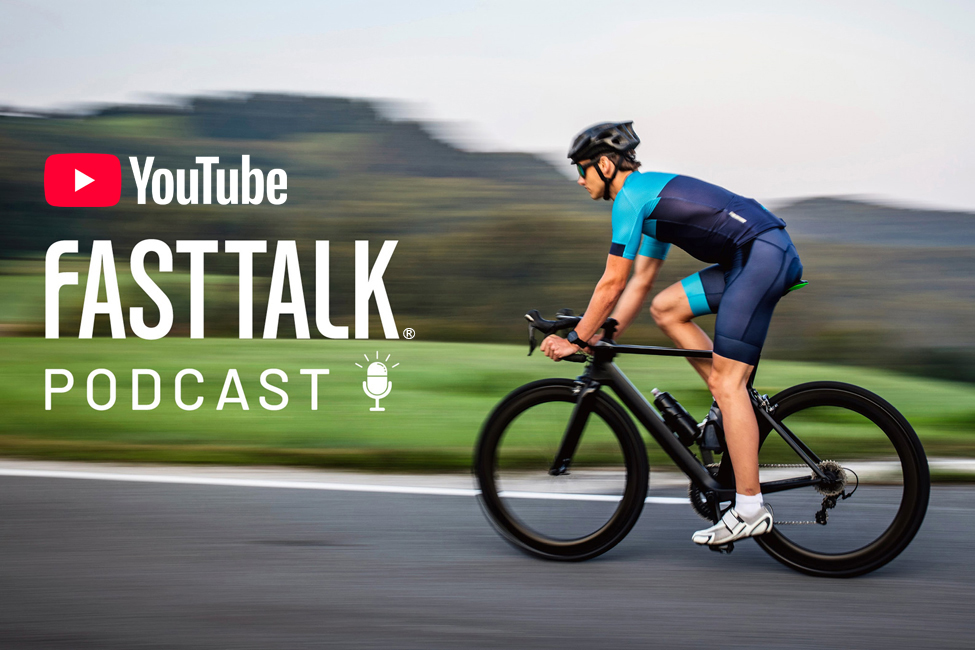
The Fast Talk Podcast focuses on the science of endurance sports in a conversational and informative style. Mixed into the deep discussions, there are tips and takeaways regarding endurance training philosophy, human physiology, workout design, performance nutrition, and sport psychology.
Our hosts Trevor Connor, Chris Case, Grant Holicky, Rob Pickels, and Julie Young explore these topics with world-class, leading experts on endurance sports. These include researchers like Dr. Stephen Seiler, Dr. Bent Ronnestand, Dr. Inigo San Millan, as well as coaches such as Joe Friel, Neal Henderson, Dr. Stacy Sims, and many more.
Subscribe to Fast Talk for over 400 episodes on Apple Podcasts, Overcast, Soundcloud, Spotify, Stitcher, or wherever you get your podcasts.
Fast Talk Podcast is now on YouTube! Subscribe now to get 150+ of our best episodes, new releases, and featured videos.

There’s an important difference between fueling for performance and fueling for health. In this episode, Dr. Mikki Williden and Dr. Paul Laursen give their suggestions on how to fuel for health.
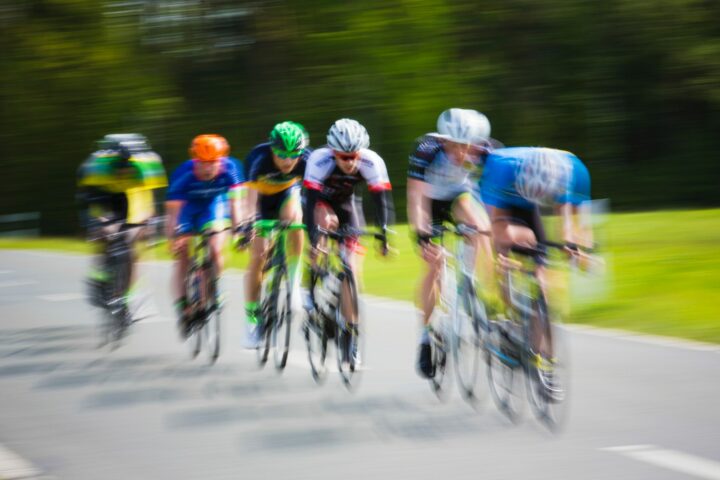
High-intensity training offers many benefits. It also has limitations. We explore just how much HIT work you need to perform at your best.
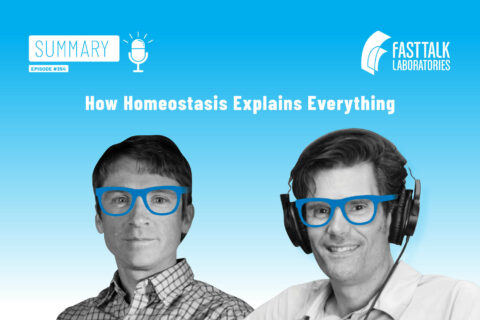
In this summary episode we discuss how homeostasis is at the core of almost every function in our bodies, including how we train and stay healthy.
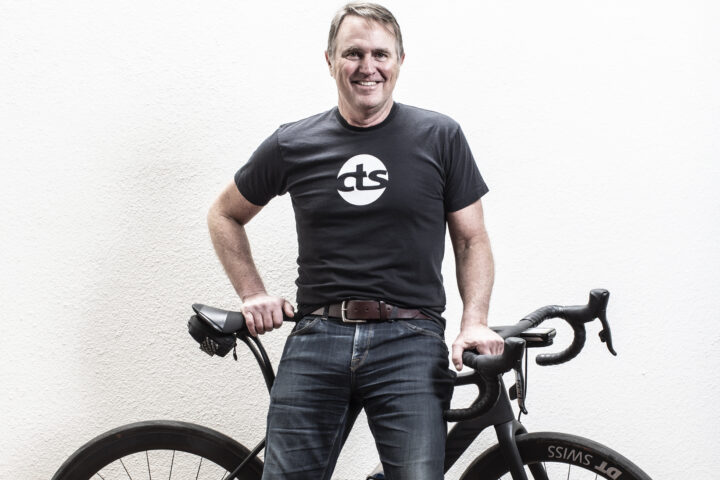
The author of “The Time-Crunched Cyclist” joins Fast Talk to discuss the science, merits, and limitations of the time-crunched training method.
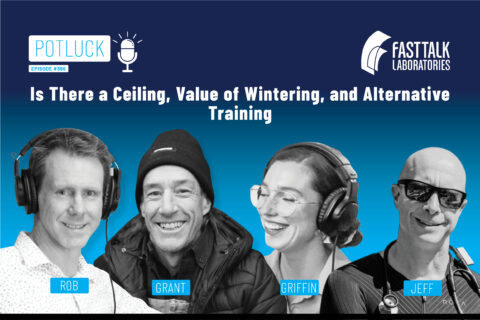
In this week’s potluck episode, we discuss whether there is a true ceiling to our potential, whether there’s a value in “wintering” or taking time off, and what cross training our hosts recommend.
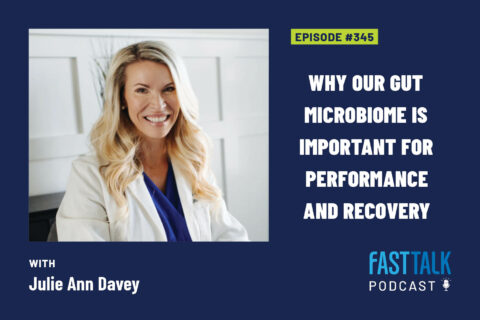
We talk with Julie Ann Davey about the bacteria in our gut and how the composition of our microflora affects everything in our bodies, including our performance.
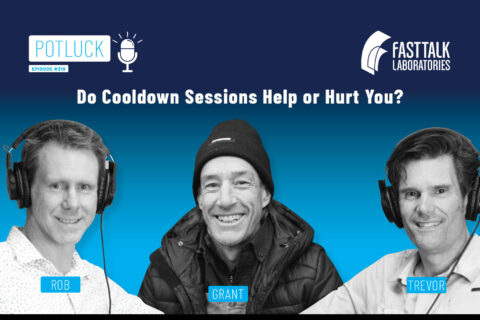
It’s a given that after a race or workout you do a cooldown—but is there any evidence this actually helps? The science may say otherwise.
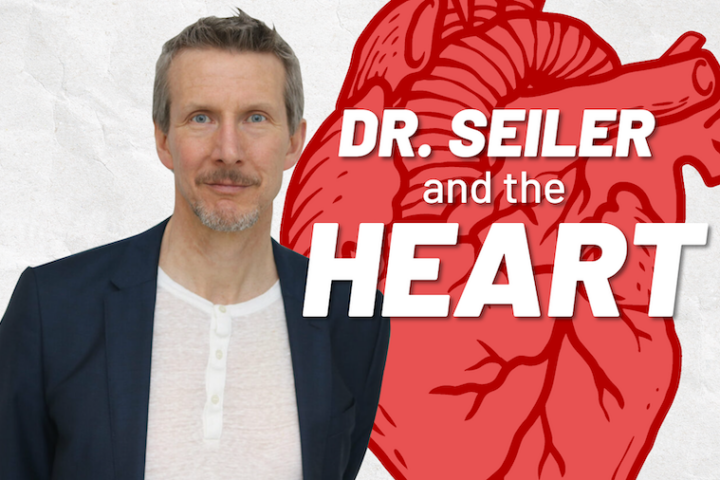
This is our first episode of a limited series recorded with Dr. Stephen Seiler. In this episode, Seiler explains his background as a researcher, and talks about something near and dear to all of us: the heart.

Dr. Andy Pruitt answers questions about back pain, knee issues with increased training, numbness and pain where we sit, and how much we can still adapt as we age.
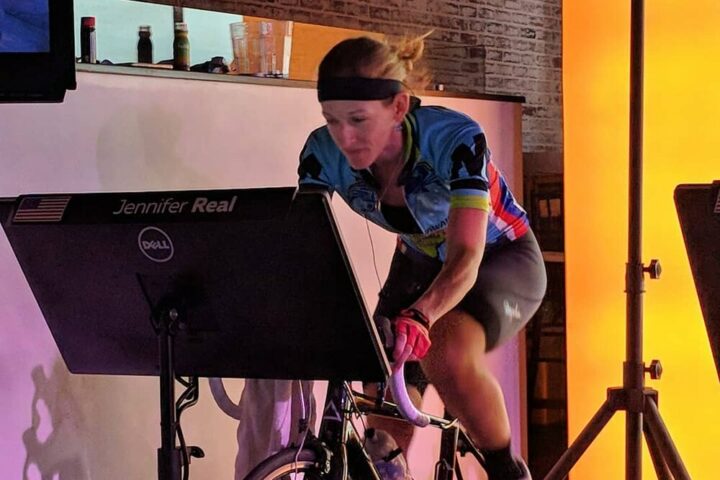
Medical doctor and elite Zwift team manager Jennifer Real talks with us about indoor training and racing, and how to achieve effective recovery including monitoring sleep and taking Vitamin D.
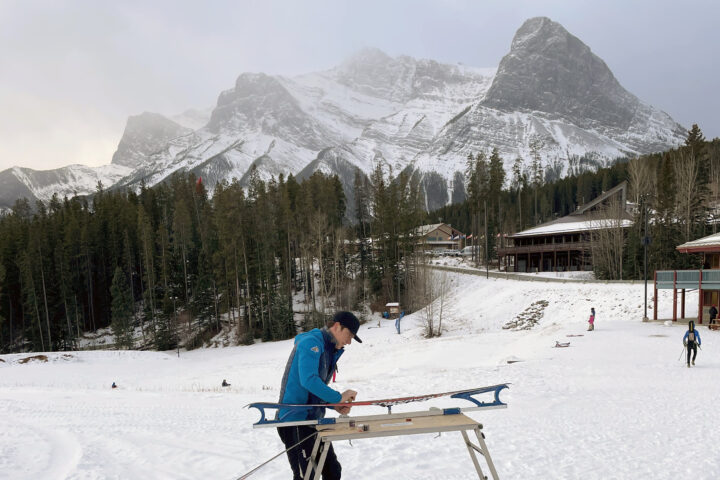
Physiologist and coach Adam St. Pierre helps us explore questions on Nordic ski training, signs of recovery, and mixing various training modalities.
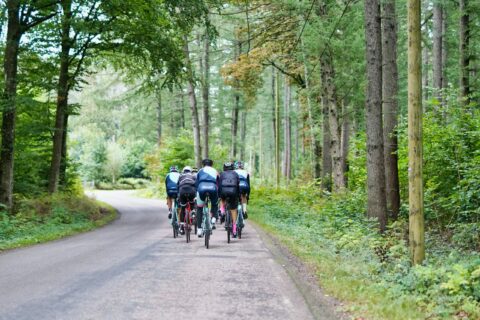
In an age when athletes often focus on the specifics, we address the importance of focusing on the fundamentals: training, recovery, and functioning gear—the things that will bring you the greatest return for your investment of time, sweat, and energy.
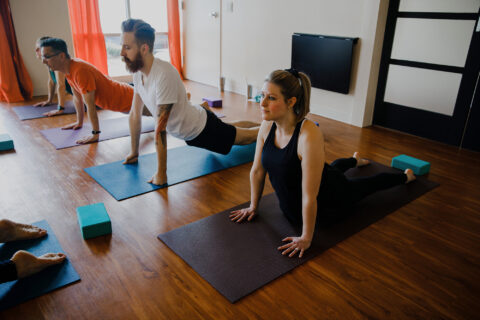
Yoga is much more than fancy stretching or breathing techniques—it can be a powerful tool to aid health and performance.

New England legend Amos Brumble joins Fast Talk to discuss training without power, the benefits of fixies, lunch rides, and more.

Learn how to monitor and change your sleep to get the most out of every night with Dr. Shona Halson, sleep researcher and former director of the Australian Olympic Committee Recovery Centre.

Q&A on FTP testing, structuring recovery weeks, and the sustainability of base training, with guest coach Steve Neal
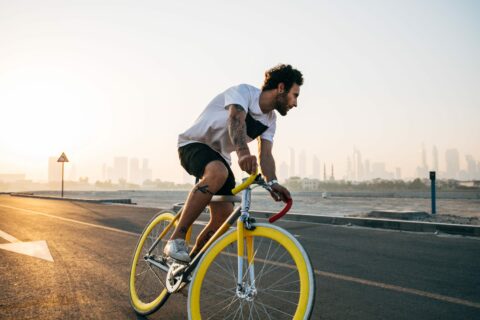
In this Q&A episode, guest Grant Holicky discusses sweat rate, polarized training for cyclocross, VLamax, and recovery tools.
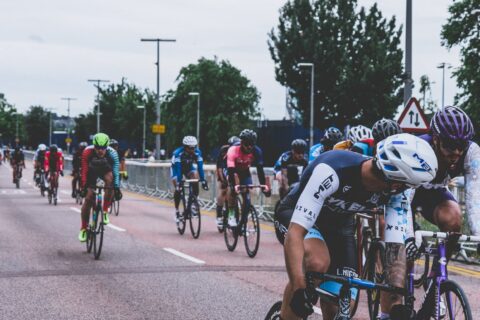
in Q&A episode, we cover a broad spectrum of topics including sugar consumption and its health effects, safe rates to increase volume, the pros and cons of group rides, the efficacy of topical bicarbonate products, and much more.
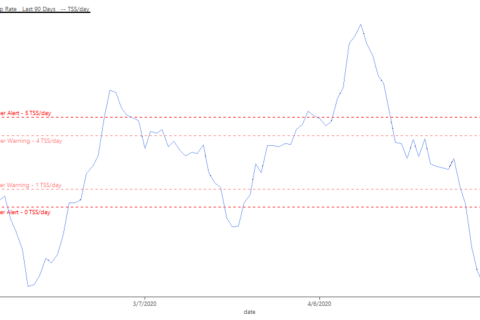
Listener Q&A on high intensity (HIIT vs. HIT), pyramid intervals vs. Tabata intervals, gut health, recovery, and CTL
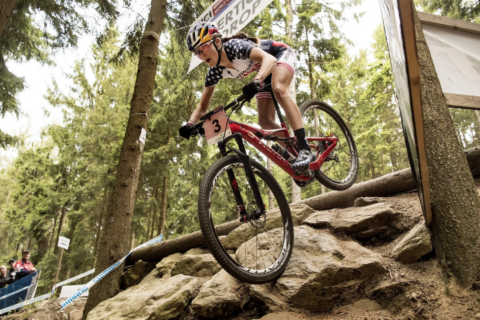
While there are many tools to measure training stress, few measure recovery. Today we dive into how to determine where you’re at in the recovery process.
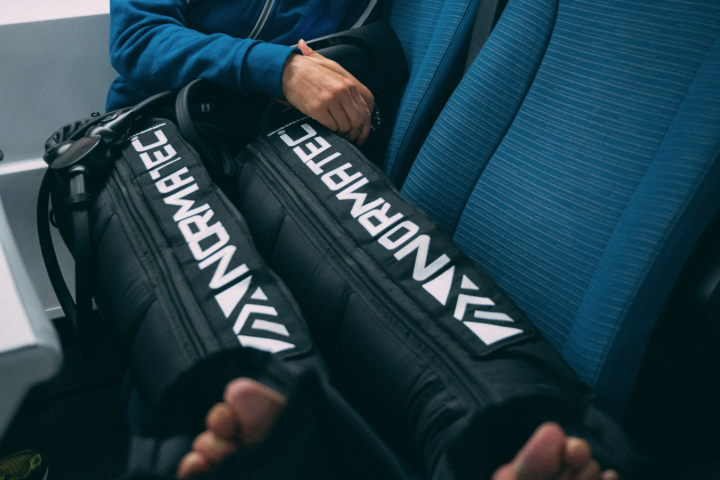
Recovering from a big ride can be helped by NormaTec, a medical device company, that crafts inflatable compression wear for athletes. Research has shown this type of recovery enhancement can have significant impacts on a host of factors, both molecular and circulatory.
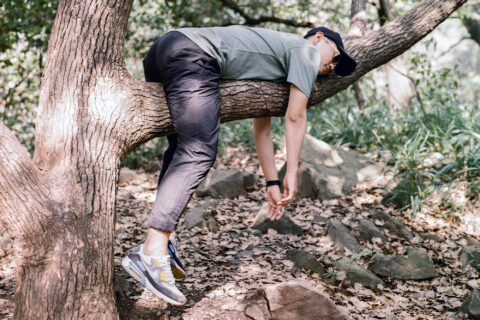
Dr. Paul Gastin, Brent Brookwalter, Mac Cassin, Frank Overton, and Armando Mastracci join us to talk about the most important part of training: recovery.